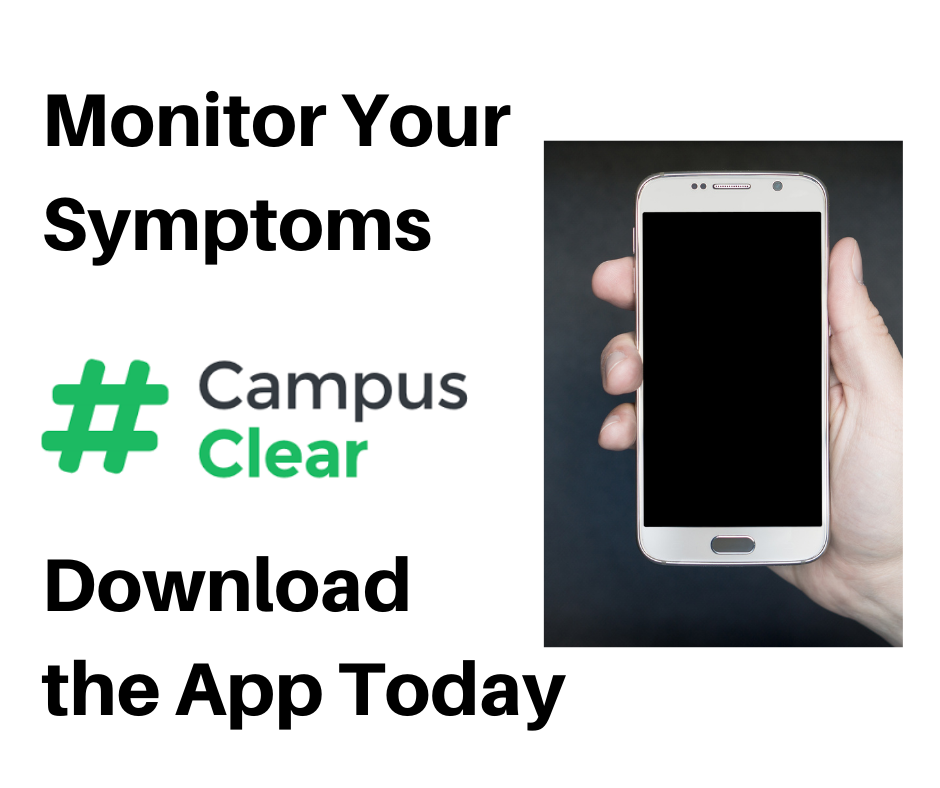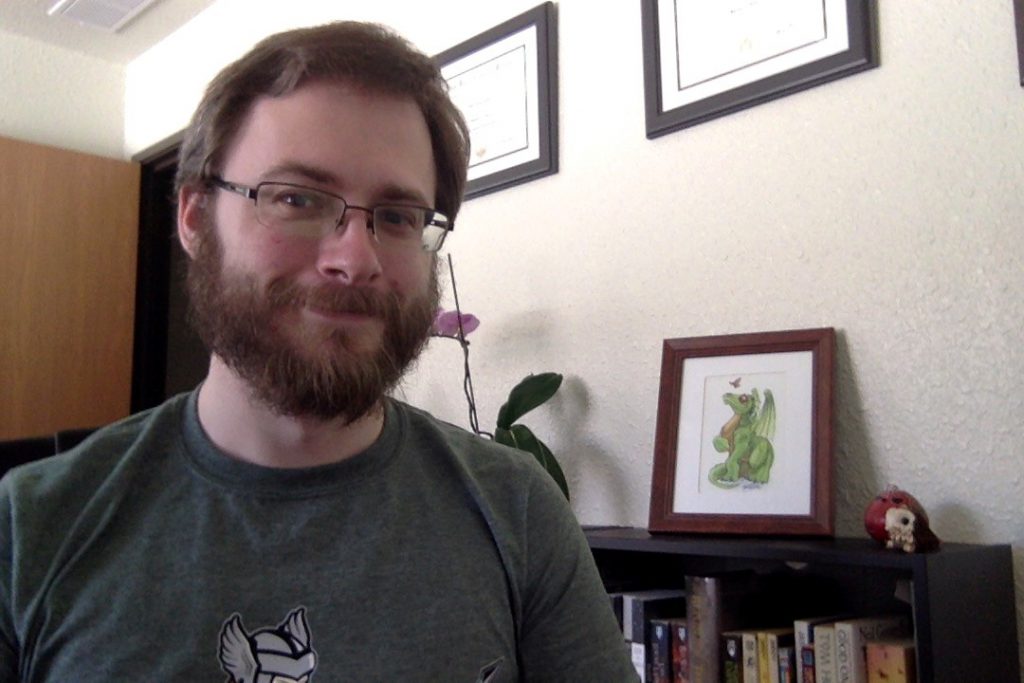Please send any supply requests to mulibraryadmin@missouri.edu.
Supply Requests
Please send any supply requests to mulibraryadmin@missouri.edu.
Your source for what's new at Mizzou Libraries
Please send any supply requests to mulibraryadmin@missouri.edu.

MU has made the decision to require symptom checks through the #CampusClear app in order to enter some buildings on campus. The complete list of buildings hasn’t been made public, but Ellis Library will be one of the buildings. We believe the Rec Center and the Student Unions will also have this requirement. The campus-wide implementation is underway, and Kathy Peters is working with SOS staffing services to manage the screening station, which will be at the west entrance. Although a date hasn’t been confirmed, this will probably start at the beginning of October. All patrons and staff will be screened during all normal business hours of Ellis Library. Staff who come in when the library is not open to the public will not be screened, but remember that supervisors are allowed to ask you if you have checked your symptoms. If someone chooses not to use the #CampusClear app, there will be an alternative symptom check method.
We will keep you updated as we receive further information about this new procedure. In the meantime, you should download the app and check your symptoms daily.

Special Collections librarian John Henry Adams was awarded the William Reese Company Scholarship to attend California Rare Book School through Zoom in August. He shared his thoughts with us on his experience in the course.
What is your background in instruction?
JHA: I’m a new Special Collections librarian and most of my background in teaching comes from my time in English departments: I taught writing and literature for eight and a half years before I switched careers. While there is some overlap between English classes and special collections instruction, there are of course some major differences, the biggest being that as a Special Collections librarian, I’m usually not designing a full course but instead doing one specific session.
What course did you take, and what did you learn from it?
JHA: I took the seminar on Better Teaching with Rare Materials. We talked about doing more engaging, active-learning course sessions and we also talked a lot about how to do effective remote class sessions using special collections materials. We’re not going to be able to do in-person Special Collections sessions this fall, so that is going to be very useful.
I also got a much better understanding of learning objectives for individual class sessions, which will let me more carefully tailor my instruction to a course’s overall needs. Special Collections sessions can easily degenerate into being a cool field trip for the class to go see some neat things and learn some interesting information, but ideally we always want those sessions to build on a course’s overall objective without the instructor to have to do some heavy lifting the next session.
What might you do differently in the classroom as a result of this training?
JHA: I think I will be more transparent at the start of sessions as to how materials came to us in Special Collections, especially in sessions that take a more generalist approach. Special Collections are made up of lots of smaller collections, usually purchased from or donated by collectors, and that typically means limitations in terms of what is in the collection. Putting that information on the table at the start is important because it clarifies why the collection is what it is and why some things might not be in it.
The course also strengthened my general desire to focus on active learning and to keep as far away from a show-and-tell format as possible. Special Collections is already doing that, but it’s important to keep pushing that aspect and to give students a chance to experience the materials more fully.
| How Universities Are Tackling The Spread Of COVID-19 : NPR
NPR’s Rachel Martin talks to Christine Herman at University of Illinois and Sebastian Martinez at University of Missouri about the varied strategies colleges are taking on coronavirus testing. |
We had our first Q&A on Instagram stories this week. People are really interested in what our hours are going to be! You can check it out here.
Thanks to Instagram coordinator Tarira Meadowcroft for doing this!
Highlights from the July 14 LMT Meeting